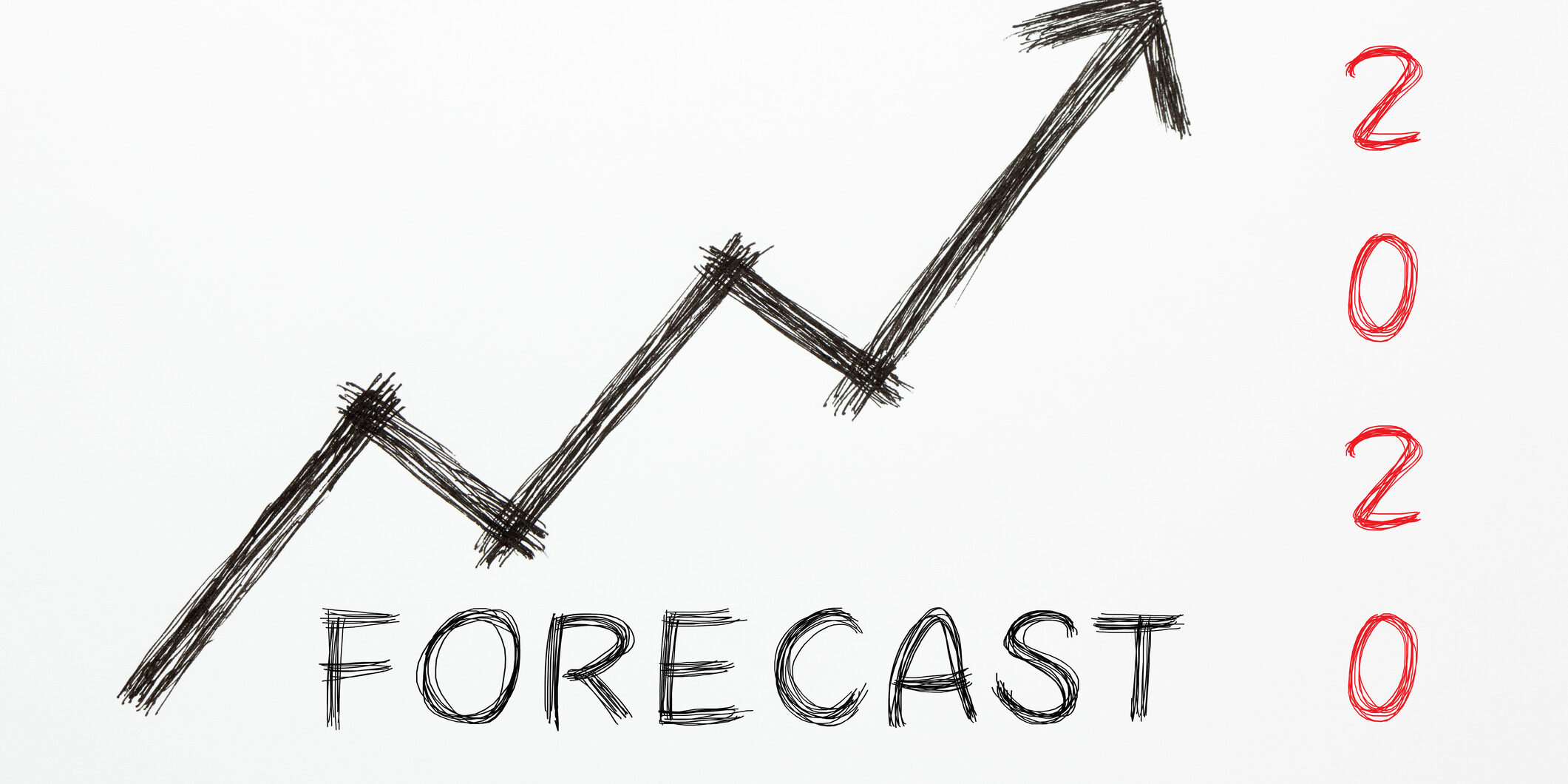But before I put much weight in reading this year’s tea leaves and crystal ball divinations, I want to know how accurate the soothsayers were last year.
For example, over 12 months ago, Charles Schwab’s bond analysts cautioned investors not to overreact to rising interest rates: “We don’t think investors should abandon intermediate- or longer-term bonds entirely in their portfolios,” stated a Schwab Bond Market Report. Good call: The broad bond market index returned 9% last year.
Even well-respected Schwab doesn’t always hit the bull’s-eye with its Market Outlooks: “Heading into 2019 there are signs that an economic peak and potential recession may be coming” (it didn’t). And, “Investors should be prepared for increasing market volatility, and possibly even a bear market” (the market soared). And, “The Federal Reserve likely will continue to raise short-term interest rates” (the Fed lowered rates).
Wall Street behemoth JP Morgan predicted, “Next year will be better for stock investors. …The S&P 500 Index will rise about 17 percent from current (2018) levels.” Well, last year was better for U.S. large cap stocks, much better in fact, almost double the JP Morgan forecast, rising 32%.
Robert Doll, Nuveen’s chief equity strategist, actually has a decent forecasting track record on market and economic outcomes. His biggest miss in 2019 was probably the following prediction: “Non-U.S. stocks outperform U.S. stocks as the dollar sags.” In reality, global economic growth was slower than expected and the U.S. dollar rose. Still, international markets produced handsome stock returns.
Another respected money manager and well-followed forecaster, Gary Shilling, put the 2019 odds of a U.S. recession at two-thirds. In his annual Insight report, Shilling advised investors to sell U.S. stocks and have a “heavy cash position.” Oops.
So here we are in January of a new year. The pundits are active again. Uncertainty abounds (as usual) — impeachment hearings, trade wars, military conflict and an election year, just to name a few headlines. This should be interesting!
But seriously, the soothsayers provide one-year outlooks while your investment time horizon is probably decades. Keep that in mind before reacting to any market forecasts. And as always, the key to weathering the inevitable recessions and market corrections is to have a personal financial plan for your life goals and have an appropriately diversified investment portfolio.
Here is one final forecast that I hope is wrong. Shortly before he died last year, legendary investor John Bogle (founder of the Vanguard funds) predicted that stock and bond returns would be significantly lower than historic benchmark returns over the next decade. Bogle forecast that stocks will average 4% annually while bonds will earn 3.5% annually. You might model that prediction in your plan’s “What if?” projections, but also include some more optimistic scenarios.



